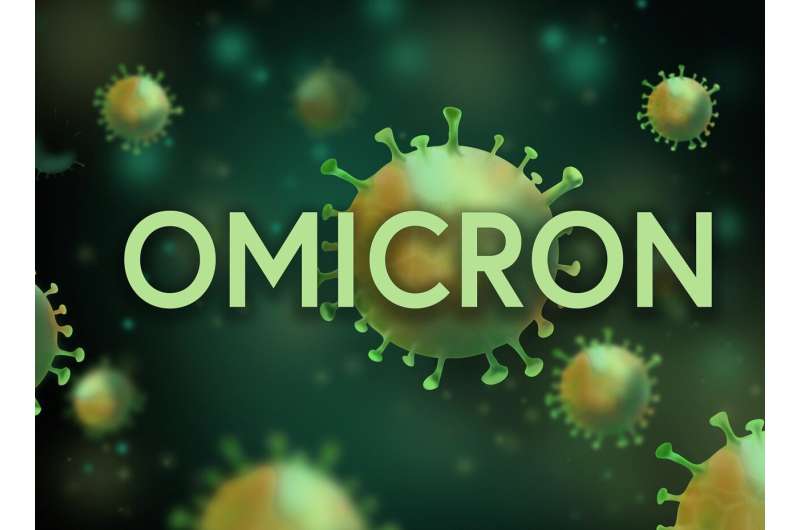Is there a risk of long COVID after omicron infection?

With record numbers of Americans getting infected with the omicron variant now, will a large segment of the U.S. population soon suffer from "long COVID," also known long-haul COVID?
"Unfortunately, it's just too early to know how many omicron infections will lead to long-haul symptoms," says Michael Lin, MD, MPH, an infectious disease specialist and associate professor at Rush University Medical Center. "We're really only about four to six weeks into this really fast-moving surge. It will be important for the scientific community to evaluate, but we don't have good data right now."
What is long COVID?
According to the Centers for Disease Control and Prevention, post-COVID conditions (another name for long COVID) include a range of health problems that people may experience four or more weeks after being infected with the coronavirus. These may be new or ongoing symptoms that can last for weeks or months, including:
- Shortness of breath
- Fatigue
- Cough
- Headaches
- Joint and muscle aches
- "Brain fog"
- Headaches
- Stomachaches
- Sleep disturbances
- Dizziness
- Changes in smell or taste
- Rashes
These long-term symptoms can affect anyone who was infected, not just those who had severe COVID-19. "It is hard to predict who will have persistent symptoms," Lin says.
What would be the impact long COVID from omicron?
Unlike previous COVID-19 variants, omicron causes infections that appear to have a different pattern of illness, specifically less severe disease.
"The reasons for this are unclear," Lin says. "It could be the virus itself from a biological perspective. It also may reflect greater immunity that we have gained through prior infections and vaccines. So there's certainly the possibility that the proportion of people with long-haul symptoms will be different for omicron compared with other variants, but whether that is the case is still unknown."
As scientists collect and analyze more data on people who have been infected by omicron in the coming weeks, they will have a better understanding of how much impact the variant has had, including differences in potential post-COVID conditions and the populations affected, he says.
To reduce your risk for developing long COVID, Lin suggests that you and your family stay "up to date" on your vaccinations (meaning being fully vaccinated and boosted if you are eligible) and continue face masking, social distancing and hand hygiene per current CDC recommendations.



















